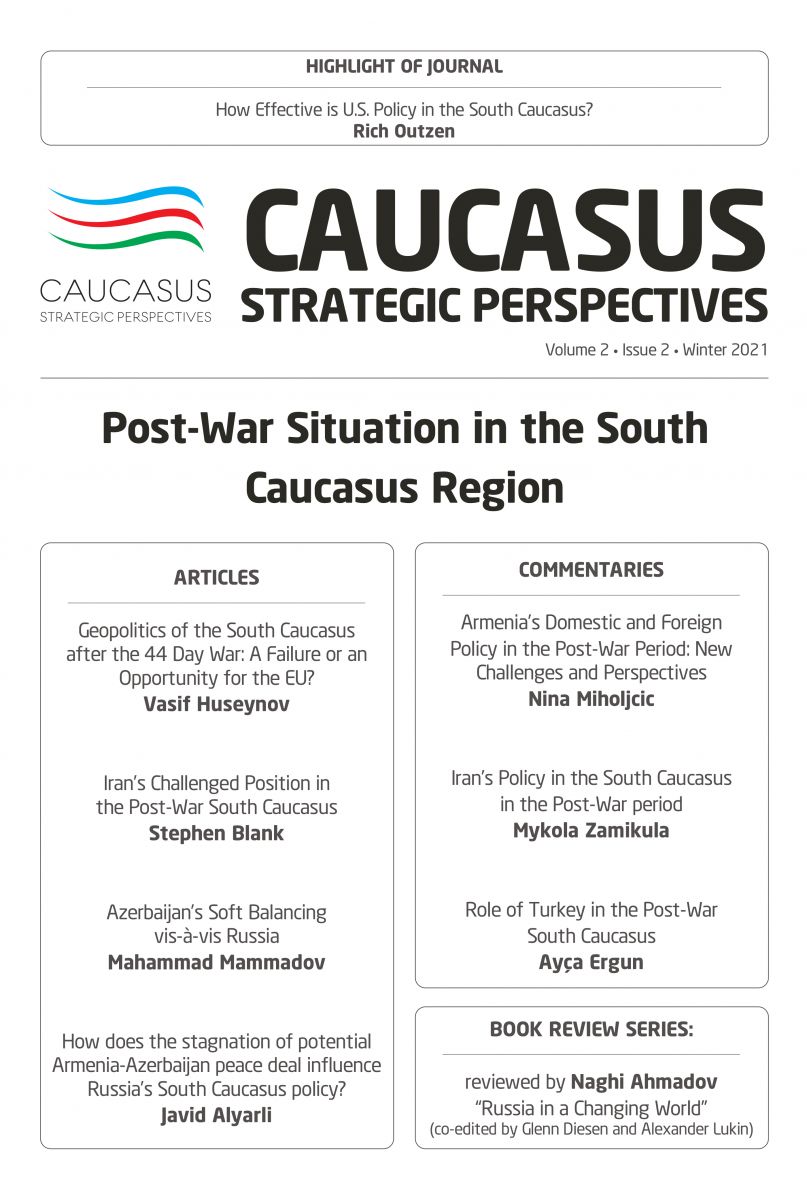How effective is U.S Policy in the South Caucasus?
This paper examines US policy towards the South Caucasus as a case of structural and institutional limits on the effectiveness of foreign policymaking in democratic states. Specifically, the constitutional separation of powers, the influence of domestic interest groups, and growing multipolarity at the global and regional levels have operated together to limit Washington’s policy options and precluded a leading role for the US in effectively shaping outcomes within the region. The second section of the paper assesses how these factors impacted US policy over the three decades following the end of the Cold War. The final section argues that the gradual marginalization of the United States and engagement of other regional powers has created conditions under which a modest but balanced approach rooted in economic outreach offers greater chance of tangible results than the rhetorically ambitious but practically constrained approach of the past several decades.
Latest news
- 12/27/2024 Call for Submissions-Caucasus Strategic Perspectives, Volume 6, Issue 1, Summer 2025 668 views
Popular articles
- 07/18/2022 The Russia–Ukraine War: Perspective of Azerbaijan 4325 views
- 10/14/2020 The Non-Aligned Movement: In Pursuit of Validity and Relevance in the Contemporary Global Order 3307 views
- 10/14/2020 Vicious Circle of the South Caucasus: Intra-Regional Conflicts and Geopolitical Heterogeneity 3291 views
- 10/14/2020 Relevance of Non-Alignment for Azerbaijan’s Foreign and Security Policy 3020 views





